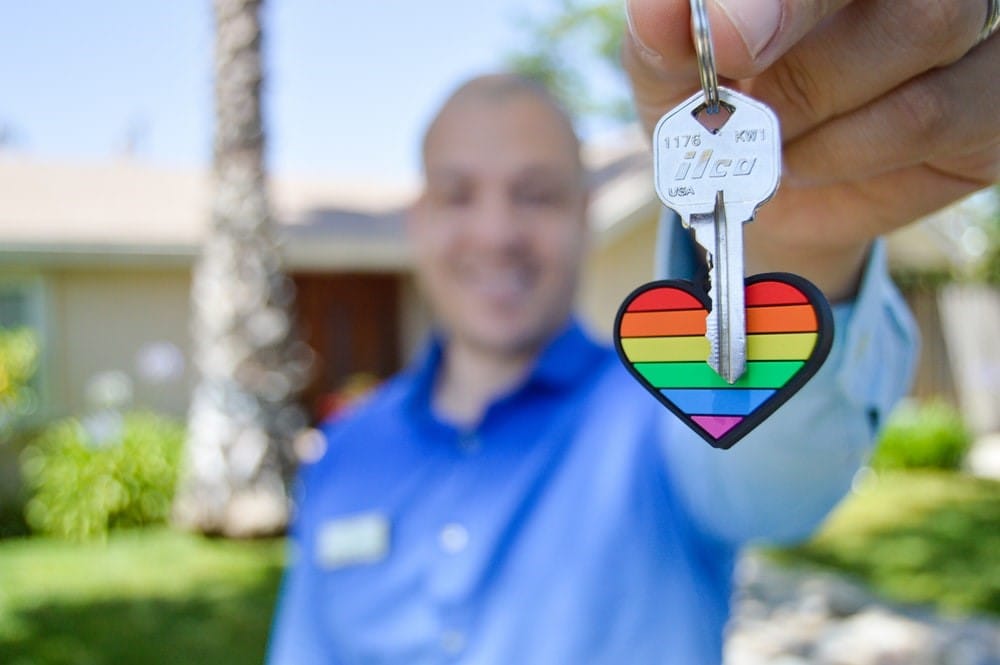Closing Day Tips for Buyers

Closing day is an exciting day for one main reason: as the buyer, it’s the day that you finally get the key to your new home – the closure of a big milestone for many. As exciting as it may be, it can also be stressful if all the paperwork and funding arrangements are not properly in place, and if there are any hiccups along the way. Here are some tips to ensure a smooth closing day:
What happens on closing day?
On closing day, property ownership is transferred from the seller to the buyer. The lawyer who holds the funds in escrow transfers the funds to the parties, provides mortgage and titles fees, and updates the deed of the property to the buyer’s name. Paperwork is signed by both the buyer and seller to officially seal and close the deal.
Contact Your Lawyer / Closing Agent
Contact the closing agent (sometimes this is the lawyer) ahead of time to confirm the closing day logistics such as location, date, time, and documents that need to be reviewed and signed. In order to prepare a certified cheque for closing day, you’ll need to know the total amount of the closing costs. Work with your lawyer to confirm this total. Usually this includes land transfer tax, legal fees and disbursements, and closing date adjustments. Review the “Statement of Adjustments” and discuss it with your lawyer if you have any questions.
Have Your Certified Cheque Ready
Visit your bank ahead of time (before closing day) and have the certified cheque ready to pay the closing costs including legal fees and adjustments (if any).
Double Check Your Home Insurance Policy
Check the details of your home insurance policy, and bring the certificate and copies on closing day.
Review Closing Documents
Make sure that all details in the closing documents are correct. Check the breakdown of closing fees, the basics such as spelling and grammar (especially names and address), and any other pertinent details.
Bring Government-Issued Photo ID and All Necessary Paperwork
A government-issued photo ID will be needed as identification for the title company. Don’t forget to bring all necessary paperwork, including home insurance certificate.
Arrange for Moving Time and Logistics
This includes booking a moving truck and helpers, arranging for the logistics such as elevator booking (if you’re moving out of or into a condominium / high-rise building), and packing.
Contact Companies to Change Your Address
Don’t forget to contact the various utility and subscription providers to inform them of your move and change in address and telephone number (if applicable). This includes Internet, cable TV, newspaper, phone, utility, and other suppliers and companies that need to update your address and personal information in their systems (such as banks, credit card companies, doctors’ offices, government departments for driver’s license and health card).
Set up a Mail Forwarding Service with Canada Post
You might also want to set up a temporary mail forwarding service with Canada Post, so any mails that are directed for you and sent to your old address will be automatically forwarded / re-routed to your new address (perhaps for the first 1-3 months after you move). Canada Post provides this service for a fee.
Related article: Closing Day Tips for Sellers